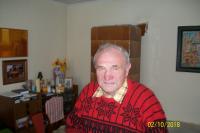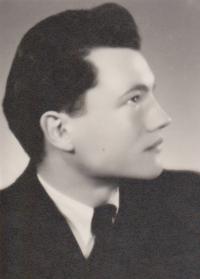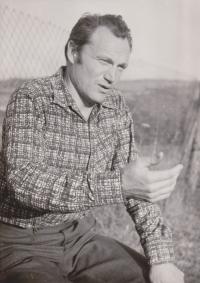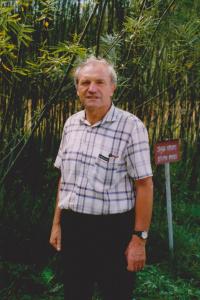Envy, hatred, and violence were the driving force of communism

Download image
Jozef Habovštiak was born on March 19, 1937 in Krivá, in Orava region. His parents were farmers. He studied at grammar school in Trstená and then at the Slovak University of Agriculture in Nitra. Since 1962 he worked at the Research Institute of Meadows and Pastures (VÚLP) in Banská Bystrica and he founded a research branch in Krivá. In years 1969 - 1971 he was a deputy director for research and science at VÚLP. Because of his religious and political views he was deprived of all his functions during the normalization era. Afterwards he worked further 10 years for the Soil Fertility Research Institute in Prague - Zbraslav. In 1990 he was rehabilitated, entered the politics and became a member of the Federal Assembly of the Czech and Slovak Federative Republic (CSFR), in 1990 - 1992 he was a Deputy Minister of Agriculture and Nutrition of the Slovak Republic. For a short time in 1994 he was also a member of the National Council of the Slovak Republic for Christian Democratic Movement (KDH). Currently he lives retired in Krivá.



